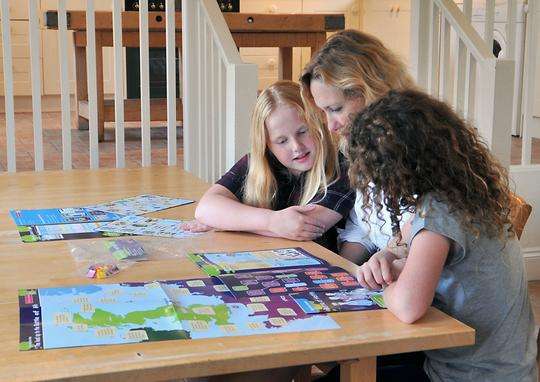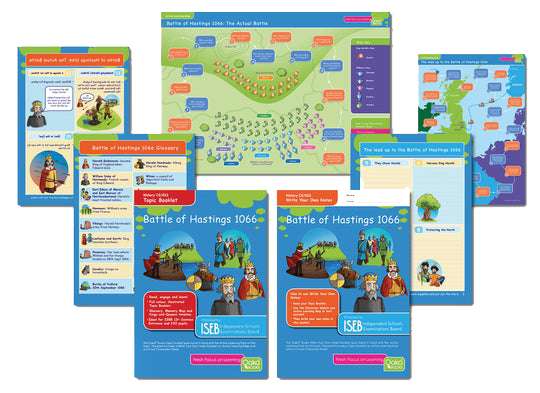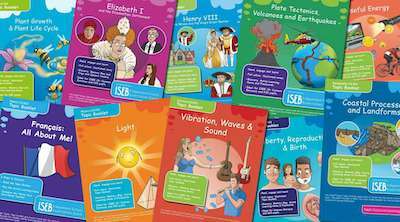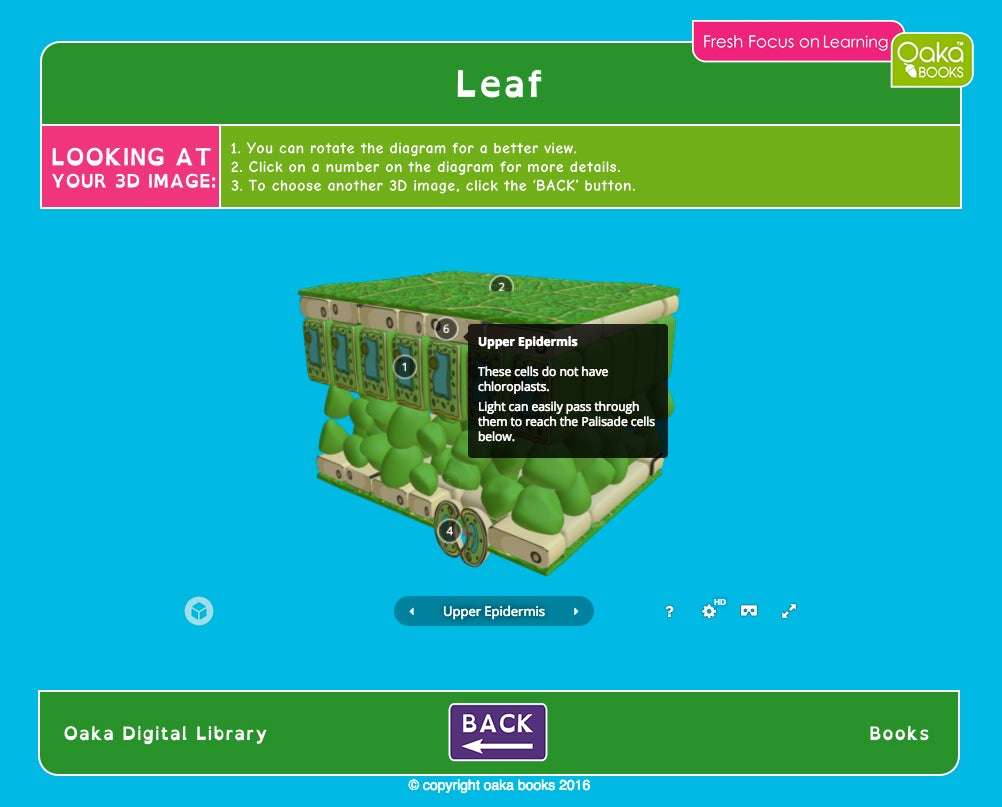“Docendo discimus” said the Roman philosopher Seneca: by teaching we learn. This old wisdom has been proved true in more modern times and the phenomenon is known as the Protégé Effect.
Some of the first indications came from studies that looked at links between birth order and intelligence. Two separate studies showed that first borns are more intelligent than their younger brothers and sisters. The theory is that teaching their younger siblings, not even in a formal way and at a very young age, solidifies the concepts for the older children as well as making them more engaged and aware.
A teacher – whether in the classroom or a child teaching a sibling the rules of a game, etc – has to understand the material better than the student. They need to be able to look at the information from various angles and choose how to best present it. They need to think critically about that information and are exposed to new perspectives from their charge’s questions and difficulties.
Engaging with information in this way is one important part of really understanding it. Another part of the Protégé Effect though is how it feels to be in this trusted position. The child tasked with teaching another is more motivated than those left to their own devices. It motivates children to study a subject in more detail and work harder if it is one they are trusted to pass that information on.
How is this being used in schools? Peer instruction is already an important classroom tactic, where children work together in mixed ability groups. The University of Pennsylvania runs what it calls a “cascading mentoring programme” where college students teach computer science to high school students, who in turn teach it to middle school students.
There is a new trend towards “teachable agents” that will no doubt be arriving in classrooms soon. This is computer software that simulates a real student in learning a new skill or concept. Then the Protégé Effect can be used by all students at any ability level in a one-on-one scenario to teach, and learn at the same time.
It doesn’t need to be used in a formal setting and can have hugely positive impact on confidence. How great does your child feel when you, as the ‘knowledgable adult’ ask him or her to explain a maths or science concept or tell you a history story? What a great boost and it is working wonders for their understanding!





